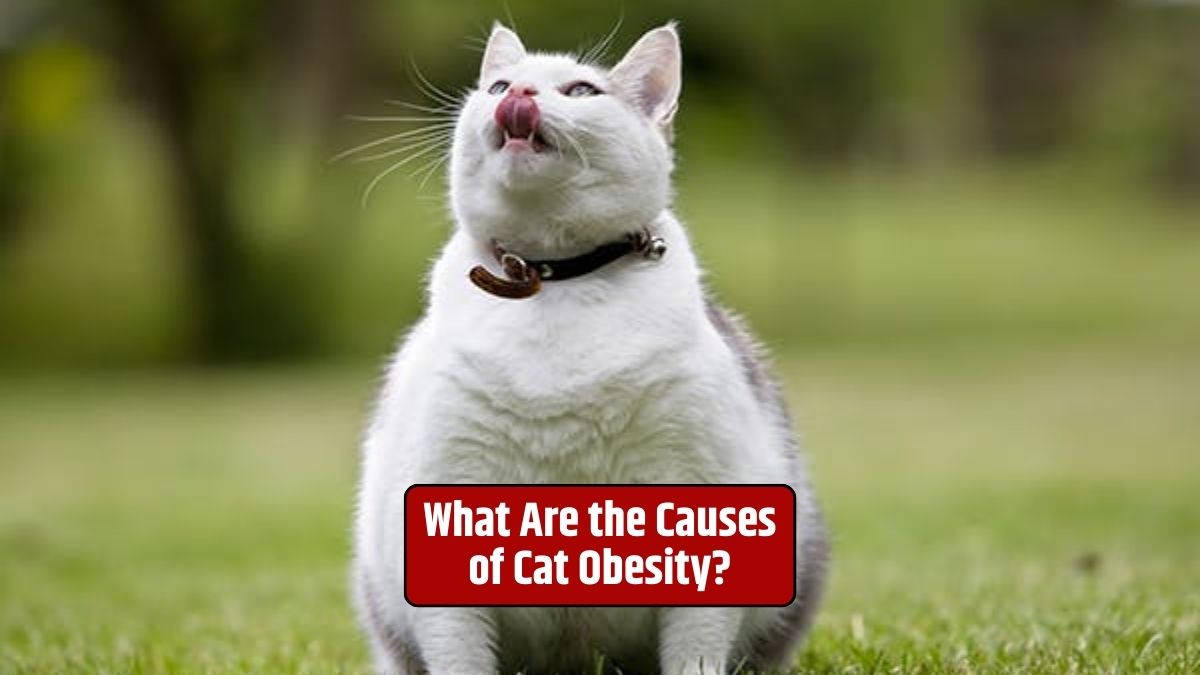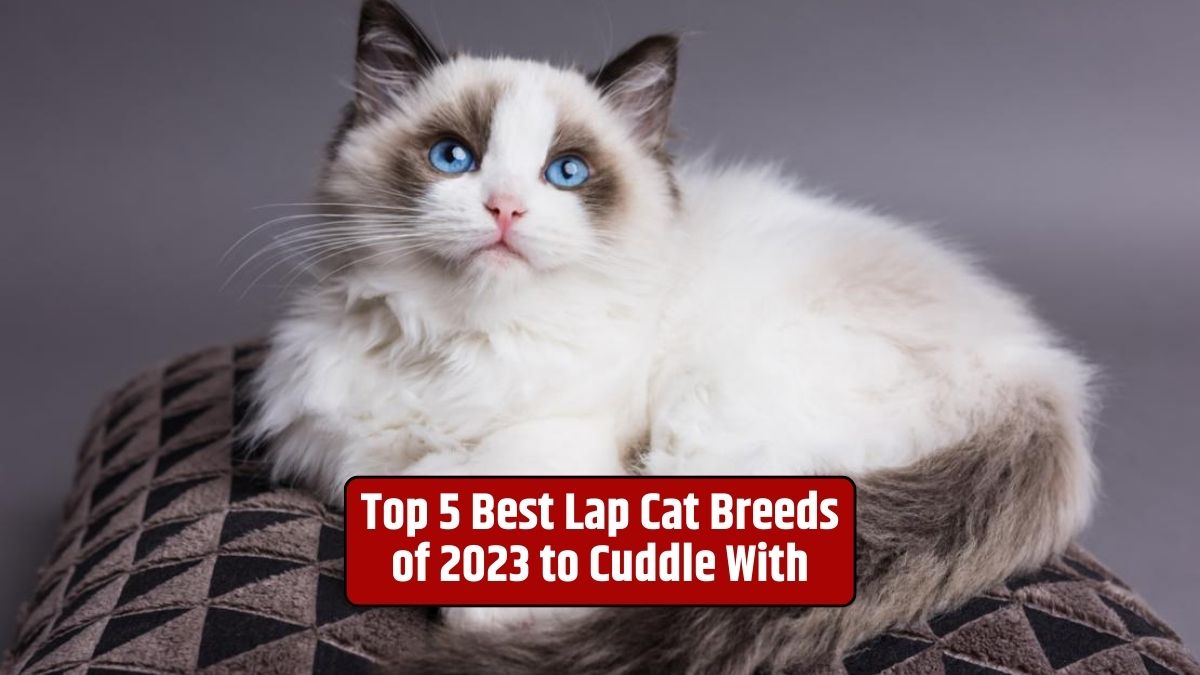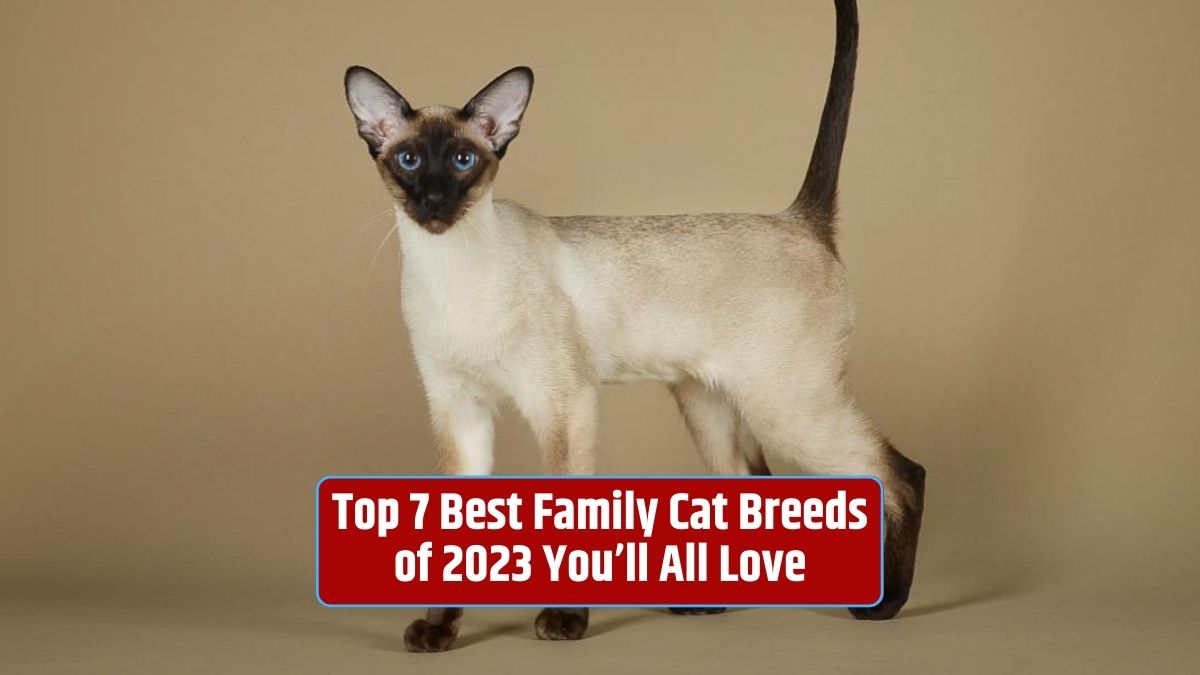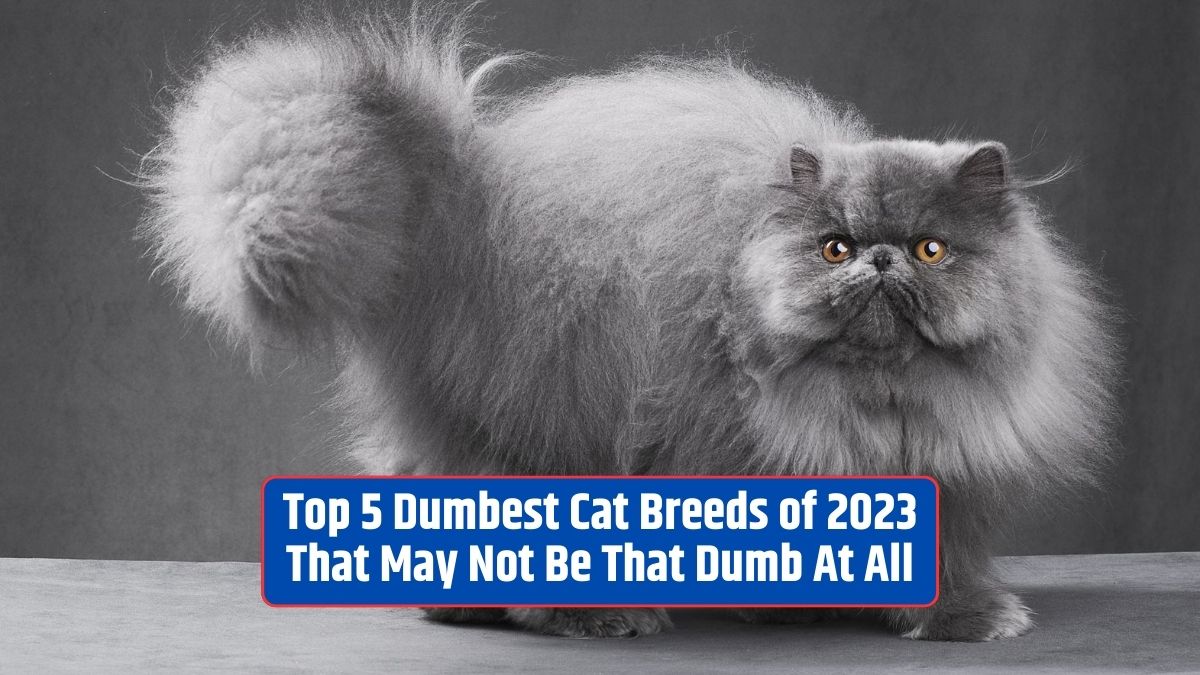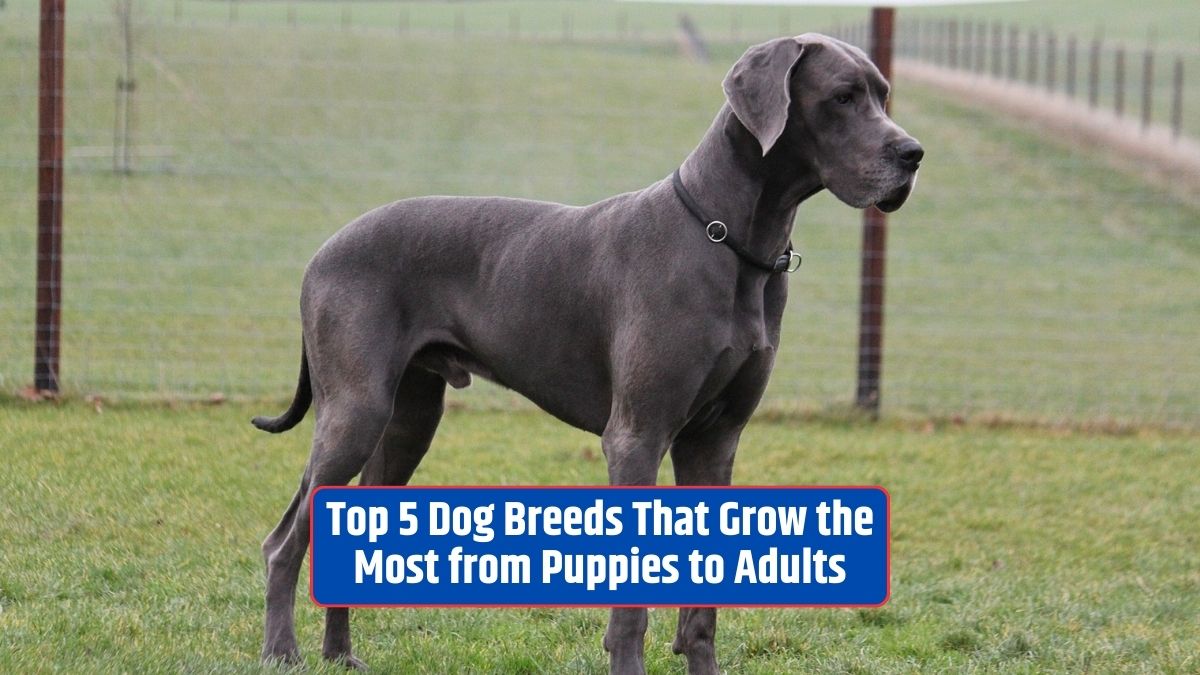In the world of adorable feline companions, maintaining a healthy weight is crucial for their overall well-being. Unfortunately, cat obesity has become a common issue among pet owners.
In this article, we will explore the various causes of cat obesity and discuss how you can prevent and address this growing concern.
What is Cat Obesity?
Cat obesity is a condition where a cat exceeds its ideal body weight due to an excessive accumulation of body fat. It can have serious health implications and significantly reduce a cat’s quality of life.
Common Causes
1. Overfeeding
One of the primary causes of cat obesity is overfeeding. Feeding your cat more than the recommended portion or offering high-calorie treats can lead to weight gain. Additionally, a poor-quality diet lacking in essential nutrients can contribute to obesity.
2. Lack of Exercise
Cats are natural hunters and need regular physical activity to maintain a healthy weight. A sedentary lifestyle, common in indoor cats, can lead to obesity. Providing opportunities for play and exercise is crucial.
3. Free-Feeding
Leaving food out for your cat to graze on throughout the day, known as free-feeding, can result in overeating. Cats should have scheduled meals to control their calorie intake.
4. Neutering
While spaying or neutering is essential for population control, it can lead to changes in metabolism and behavior that may contribute to weight gain. It’s crucial to monitor your cat’s weight after these procedures.
5. Medical Conditions
Certain medical conditions, such as hypothyroidism or diabetes, can lead to weight gain in cats. If your cat is gaining weight unexpectedly, consult your veterinarian for a thorough evaluation.
6. Stress and Anxiety
Cats can experience stress and anxiety, which may lead to emotional eating. Environmental enrichment and providing a stress-free atmosphere can help prevent this.
7. Feeding from the Table
Feeding your cat human food from the table can add unnecessary calories to their diet. It’s essential to avoid this practice and maintain a consistent and balanced cat food diet.
Preventing
1. Balanced Diet
Provide your cat with a balanced, high-quality cat food. Consult your veterinarian to determine the right portion size based on your cat’s age, weight, and activity level.
2. Controlled Feeding
Switch from free-feeding to scheduled meals. This allows you to monitor your cat’s food intake and prevent overeating.
3. Exercise and Play
Engage your cat in regular play sessions and exercise. Interactive toys and activities like feather wands or laser pointers can help keep your cat active.
4. Regular Vet Checkups
Schedule routine vet checkups to monitor your cat’s weight and overall health. Your vet can detect obesity early and provide guidance.
5. Stress Management
Create a stress-free environment for your cat, especially if they are prone to stress-related overeating. Environmental enrichment and companionship can help alleviate stress.
Conclusion
Cat obesity is a prevalent issue that can have severe consequences for your feline friend’s health and well-being. By understanding the causes and taking preventive measures, you can ensure your cat maintains a healthy weight and enjoys a happy and active life.
FAQs
Is obesity a common issue in indoor cats?
Yes, indoor cats are more prone to obesity due to their sedentary lifestyle.
Can cat obesity be reversed?
With proper diet, exercise, and monitoring, cat obesity can be reversed.
Are there specific cat breeds more susceptible to obesity?
Some cat breeds, such as the Maine Coon and Ragdoll, may be more prone to obesity, but it can affect any breed.
What is the ideal cat food for weight management?
Consult your vet for recommendations on specialized weight management cat foods.
Can obesity lead to other health issues in cats?
Yes, obesity can lead to diabetes, heart disease, and joint problems in cats.
